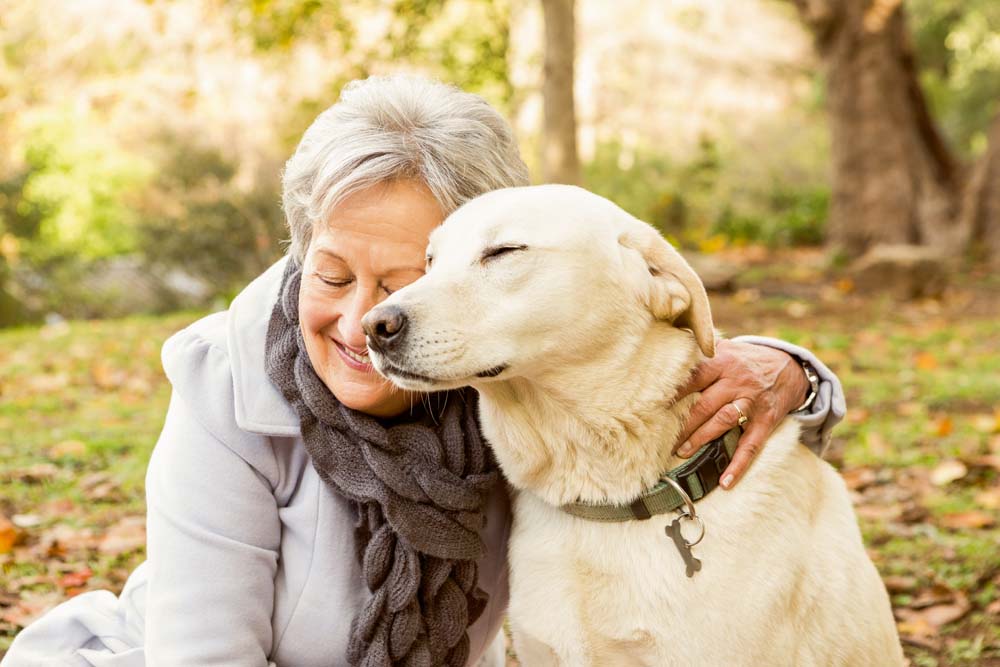
Some people with epilepsy already have dogs that are trained to fetch help in the event of a seizure. But how these dogs know when a seizure is happening is unclear. There have even been reports of dogs predicting seizures before they happen, although this ability has never been verified in scientific tests.
Amélie Catala at the University of Rennes, France, and her colleagues have now investigated whether people give off a particular smell during epileptic seizures that dogs can recognise.
The team asked volunteers with epilepsy to wipe their hands, forehead and neck with a cotton pad immediately after a seizure, before placing the pad in a ziplock bag and then breathing into the bag before sealing it.
They also asked the volunteers to do the same after exercising or doing a calm activity.
Image courtesy: Jennifer Cattet
Using treats as rewards, the team then used these bags to train five mixed-breed dogs aged between 2 and 5 to recognise smells associated with seizures, before setting them a test.
In each test, the dogs had to choose between seven scent samples from a single person, only one of which was collected after a seizure. Each dog completed nine tests involving samples from people they hadn’t encountered before.
Three of the dogs scored 100 per cent. The other two identified the correct sample in two-thirds of the tests.
This shows for the first time that, despite people having different body odours, an epileptic seizure has a distinctive scent profile that dogs can learn to recognise. We don’t yet know what molecules the dogs are detecting, but this is an interesting subject for future research, says Catala.
“Our next step is to try to see whether the scent is present before the seizure and if the dog can rely on it to alert someone,” she says.
Dogs’ incredibly sensitive noses mean they are much better than any artificial methods for detecting subtle chemical cues. Dogs are also being trained to respond to medical emergencies in people with conditions such as diabetes, and to diagnose diseases such as cancer by smell.
Source: New Scientist
Also Read About :- Medical detection dogs can help diabetics manage insulin levels, finds study


